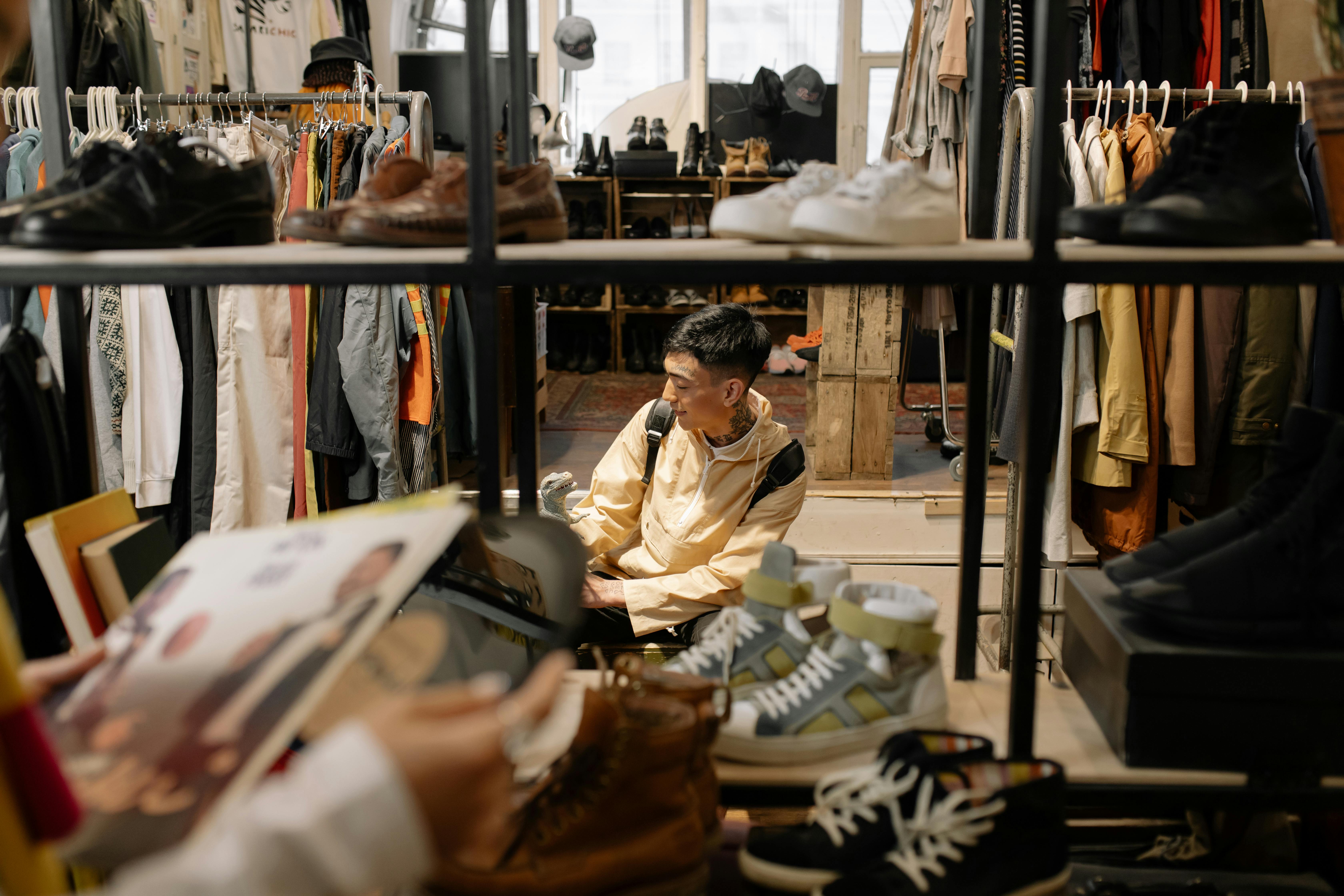Taking pictures of a solar eclipse could be very damaging to your eyes and also to the equipment you use. Here is a set of instructions that you must strictly follow to take photos of a solar eclipse safely:
1) Set up your equipment in advance. If you have a tripod, this is the time to take it out as it will avoid looking directly at the sun and it will also allow you to take long exposure photos.
2) Get a good sunscreen that can be placed in front of your lens. Do not shoot without a filter as it can seriously damage your eyes or the camera sensor.
3) If you have a DSLR or interchangeable lens camera, wear the lens with the longest focal length. A focal length of 200mm at 5oomm should give you a really good image that captures the intricate details of the sun. If you are using a compact camera, set it to the maximum available optical zoom level.
4) Use an ISO value of 50 or 100, an aperture size of 8-16, and focus on infinity. Take a series of photos at each shutter speed, starting at 1/1000 sec. Up to 1 sec.
5) If your camera supports bracketing, turn it on. This will tell the camera to automatically take the same shot at 3-5 different exposure levels and you can choose the best of the lot offline. If you don’t have bracketing, manually change the exposure level of your shots so you don’t lose the magic. Low exposure shots will give you the details, high exposure shots will give you better external coronal characteristics, and you can also combine them later to create an HDR image.
6) Take some long exposure photos to better capture the coronal features.
7) To take group photos during the eclipse, project the image of the eclipse onto a wall or in the water using a reflector and shoot against the background.



